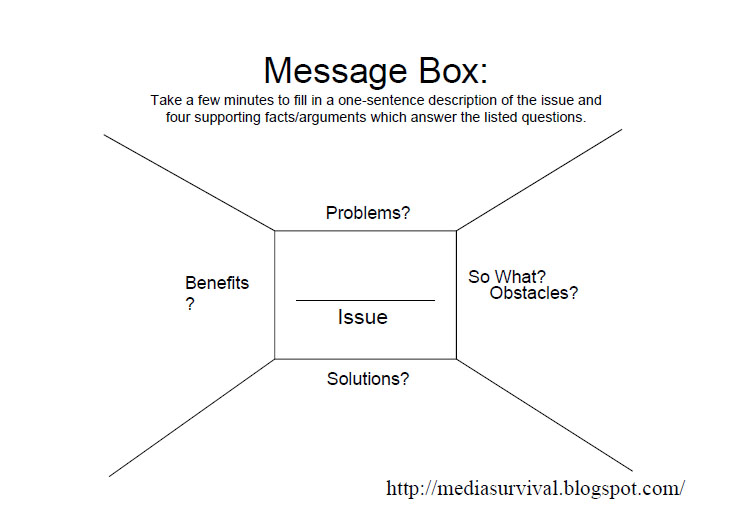Consortium Area
How to promote your success stories to the media
Featuring how to:
- escape from misquote land
- wrestle with a reporter
- break down barriers
- land the perfect story
Why get involved with the media?
You can
- tell your story best
- influence political or media agenda
- increase public understanding
- attract future funding
- increase your number of citations
First step: Decide what your bottom line is, then how you want to communicate it.
Understanding the beast
I. Not all journalists are the same!
Journalists working for daily newspapers, weekly publications, feature writers and TV news reporters all have different ways of operating. Note: the shorter their deadline, the less time they have for research and fact-checking.
II. Finding stories: 70-80% of stories are found as press releases. Many journalists would prefer receiving a call from a scientist pitching a story idea, even if it is self-promoting.
Know your news
I. What is news?
- it is new
- wide or specific interest
- breaking event
- unusual or counter intuitive
- villain, drama, easy to explain problem
- what we say it is (sometimes a story takes on a life of its own)
II. News values: what are the key ingredients that make up a news story?
- conflict
- immediacy
- novelty
- peril
- locality
- human interest
Dealing with the media
- Understand context - who they are, what's the publication and their readership, what's the deadline, who have they spoken to or want to speak to, you are allowed to ask questions!
- Call back- ask for five minutes to gather your thoughts then call back.
- Negotiate - set your terms at the beginning of the interview. Ask for them to call you back to read through their quotes from you at the end of the day (news), ask them to read back the points they have taken from your discussion, check they're listening. Do not automatically expect that they will fact-check their story with you.
- Speaking terms - need to establish at the beginning. Is it "off the record" e.g. non attributable?
- Don't say "no comment" - sounds bad, simply say you cannot speak about that area and pass them to new person if appropriate.
- Know your message - say what you want to get across in layman's terms.
- Interviewing for TV - look at the camera or the journalist (not at your feet), don't wave your hands around, reiterate your message multiple times so that it will be picked for the sound bite.
Promoting your stories
- know your message or story
- identify the "so what" element for different groups
- eliminate jargon from your story
- find color, anecdote, personalities
- look for novel, interesting, unexpected applications
Use a "Message Box" - useful tool!
(Find out more at this link.)

Know the Rules of Engagement
- Not all journalists are the same
- Figure the motivation/ context
- Know your message and how far you can go with it
- Be the dream interview e.g. message box, anecdotes, quotes
- Don't expect to review the draft
- Avoid answering questions by PDF (won't get read)
- Off the record is an advanced skill - use sparingly
- Be willing to summarise other research (do this fairly)
- Ask questions and negotiate
Writing great press releases
- Photos, advertise them if you don't attach them or provide a link
- Colour i.e. added interest, news values
- Fascinating facts
- Offer interviews and contact details
- Cut the waffle


